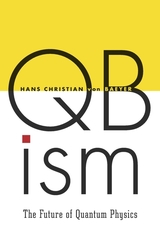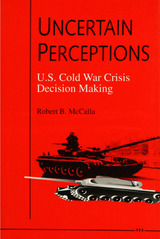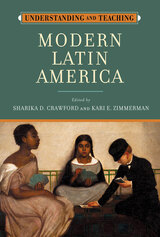
Confronting us at every turn, flowing from every imaginable source, information defines our era--and yet what we don't know about it could--and does--fill a book. In this indispensable volume, a primer for the information age, Hans Christian von Baeyer presents a clear description of what information is, how concepts of its measurement, meaning, and transmission evolved, and what its ever-expanding presence portends for the future.
Information is poised to replace matter as the primary stuff of the universe, von Baeyer suggests; it will provide a new basic framework for describing and predicting reality in the twenty-first century. Despite its revolutionary premise, von Baeyer's book is written simply in a straightforward fashion, offering a wonderfully accessible introduction to classical and quantum information. Enlivened with anecdotes from the lives of philosophers, mathematicians, and scientists who have contributed significantly to the field, Information conducts readers from questions of subjectivity inherent in classical information to the blurring of distinctions between computers and what they measure or store in our quantum age. A great advance in our efforts to define and describe the nature of information, the book also marks an important step forward in our ability to exploit information--and, ultimately, to transform the nature of our relationship with the physical universe.

Measured by the accuracy of its predictions and the scope of its technological applications, quantum mechanics is one of the most successful theories in science—as well as one of the most misunderstood. The deeper meaning of quantum mechanics remains controversial almost a century after its invention. Providing a way past quantum theory’s paradoxes and puzzles, QBism offers a strikingly new interpretation that opens up for the nonspecialist reader the profound implications of quantum mechanics for how we understand and interact with the world.
Short for Quantum Bayesianism, QBism adapts many of the conventional features of quantum mechanics in light of a revised understanding of probability. Bayesian probability, unlike the standard “frequentist probability,” is defined as a numerical measure of the degree of an observer’s belief that a future event will occur or that a particular proposition is true. Bayesianism’s advantages over frequentist probability are that it is applicable to singular events, its probability estimates can be updated based on acquisition of new information, and it can effortlessly include frequentist results. But perhaps most important, much of the weirdness associated with quantum theory—the idea that an atom can be in two places at once, or that signals can travel faster than the speed of light, or that Schrödinger’s cat can be simultaneously dead and alive—dissolves under the lens of QBism.
Using straightforward language without equations, Hans Christian von Baeyer clarifies the meaning of quantum mechanics in a commonsense way that suggests a new approach to physics in general.
READERS
Browse our collection.
PUBLISHERS
See BiblioVault's publisher services.
STUDENT SERVICES
Files for college accessibility offices.
UChicago Accessibility Resources
home | accessibility | search | about | contact us
BiblioVault ® 2001 - 2026
The University of Chicago Press









